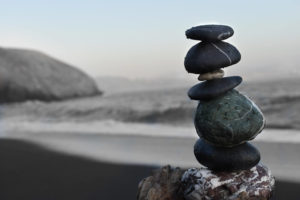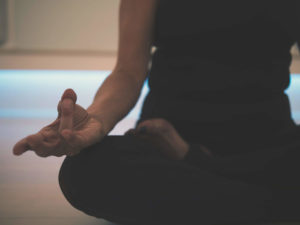You can’t add anything to a cup that isn’t full, whether it be a teacup or the human brain. A series of very unique experiences was something I had recently. These experiences involve martial arts as they do in a lot of my previous experiences. They combine what I know with something completely new.
Everyone was involved in kung fu fighting
I was able to reunite with an old friend during the pandemic. We met way back in high school and became close friends. Our shared experiences in martial arts were a common one: he in Wing Chun Kung fu and Jeet Kune Do, and I in Okinawan, Japanese karate, and Ryukyu Kobujutsu weapons.
We thought that we might be able to get together, seeing as how everyone uses meeting platforms for all sorts of things. He was keen to learn the Okinawan Bo staff and Wing Chun. We began to meet online and exchanged videos, training tips and instructions every other week. However, we couldn’t share the experience of applying the new knowledge that we had accumulated from one another.
We connected recently and were able to share a few days together in training. It was very enlightening. We have a total of 90 years of combined martial arts training. We have a lot in common and a lot of fighting arts experience from long careers in teaching and learning martial arts.
When we first met, we also struggled tremendously.
Still stuck on sticking your hands
My friend would teach Wing Chun’s Chi Sao to me. He also taught me the soft touch required for sticking hands, and how to move in Wing Chun. Although I had some previous experience, it was difficult to translate them into this new style of training and moving. We would use the same principles when we were working together with weapons. However, my friend struggled to apply those same principles with a large wooden stick.
We had a lot of fun laughing at the irony in what we were going through and how our respective problems were being dealt with using different methods and drills. We had a lot fun, and were able to share information with great success despite or perhaps because of that. It is due to two things. First, neither one of us has a big ego about trying to be the master martial arts artist and lording over the other. We didn’t get in each others way, but we did our best to help each other. This is exactly what one should do in martial arts: get out of your own way, but be in a safe and secure place for defense and safety.
Our successful experiences were made possible by our openness to learning new things. A story in Zen Flesh, Zen Bones called “A Cup of Tea” describes a Zen master Nanin (1868-1912), and a visiting professor who wanted to learn martial arts. Instead of trying to learn from the master, the visitor talks endlessly about the things he already knows. The Zen master eventually serves tea, and the visitor continues to pour into his cup. The master tells the visitor, startled, that all his tea is leaking and not being poured into the cup. This is the Zen master’s exact response to their interactions. The Zen master will not share with the visitor anything unless the visitor emptys the cup.
We, Chi, Bruce Lee
It is crucial to empty your cup when you are trying to learn something authentically. My friend and I found this saying to be very useful. This is especially true since Bruce Lee famously paraphrased the saying as: “Empty you cup so it may be filled; become empty to gain totality.” While he was “Li Tsung”, in 1971’s ABC TV series Longstreet. This is very relevant because my friend trains in Bruce Lee’s Jeet Kune Do.
My friend and I were focusing on the physical aspects of martial arts, but I believe the lessons can be applied to any and all. This was my main takeaway: Don’t be too proud of your past experiences, but trust them to help you. Then, empty your cup so new knowledge can come in.
This principle also applies to letting go of any negativity from the past or accrued while learning. Learning is about acknowledging your ignorance and ignoring the inevitable failures. You can accomplish a lot if you combine the philosophical approach to emptying your cup and a respectful attitude. You can achieve this in any way you want, whether it’s through the physical practice or philosophical application of martial arts to your life, and all other experiences that might come along your journey.






